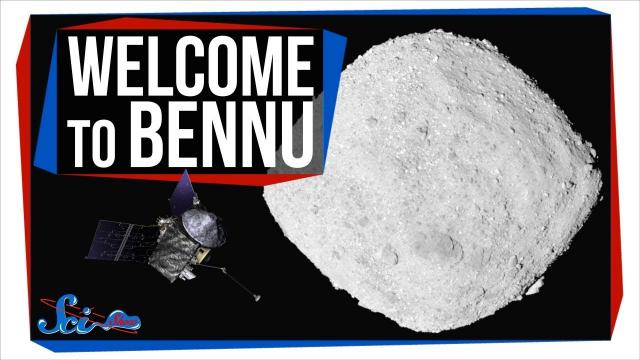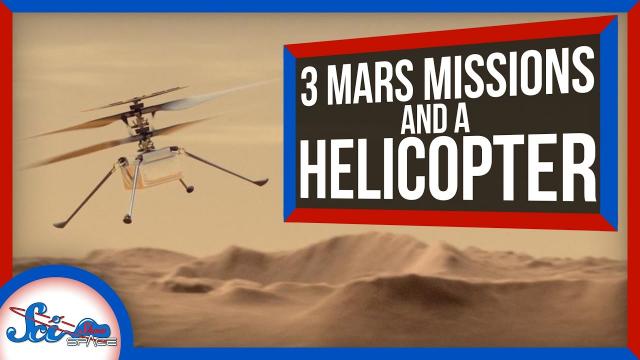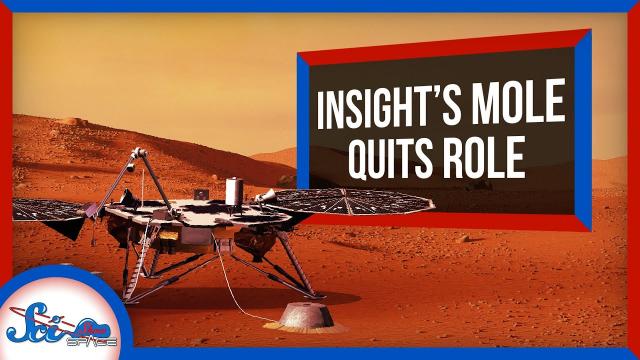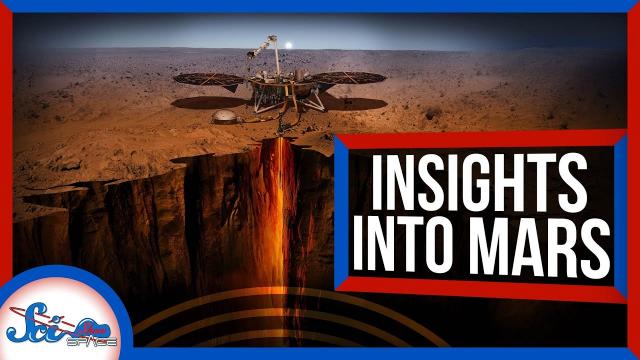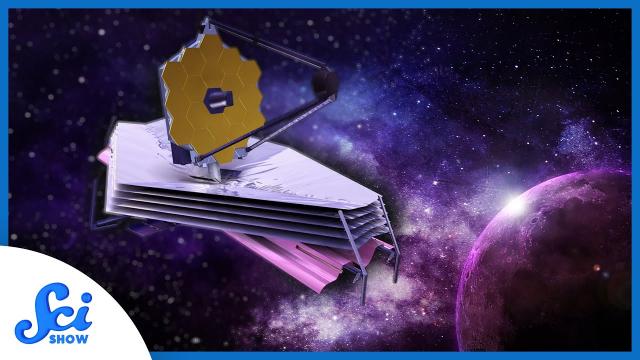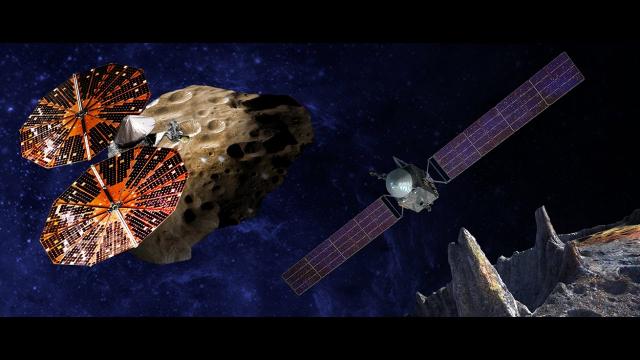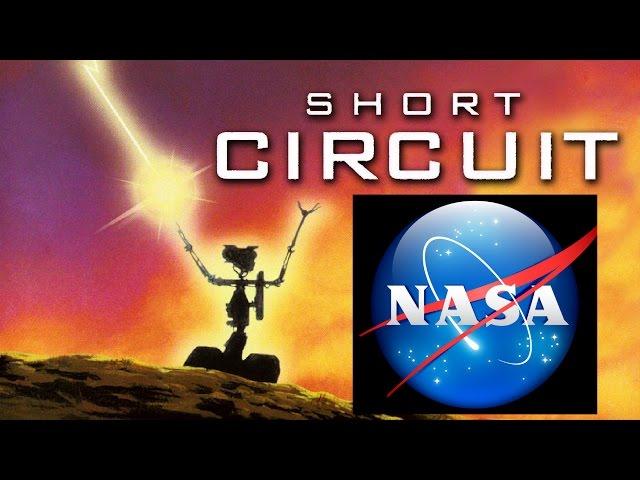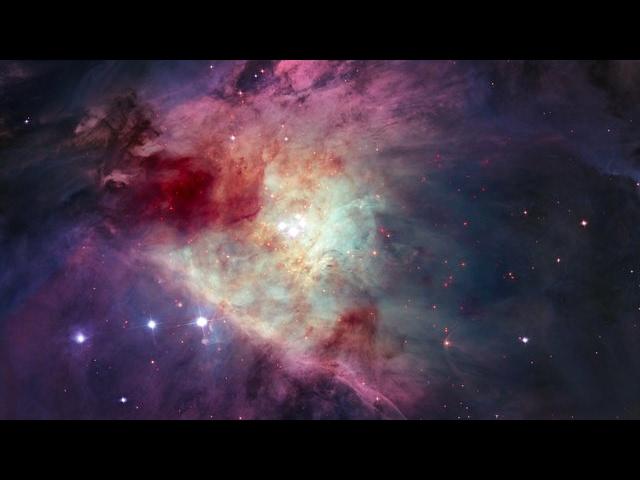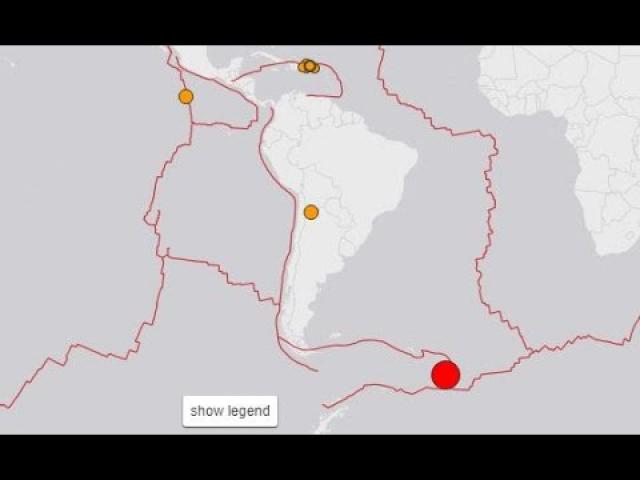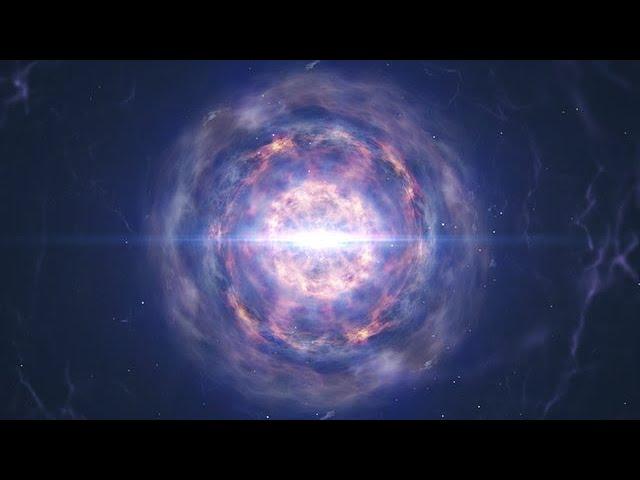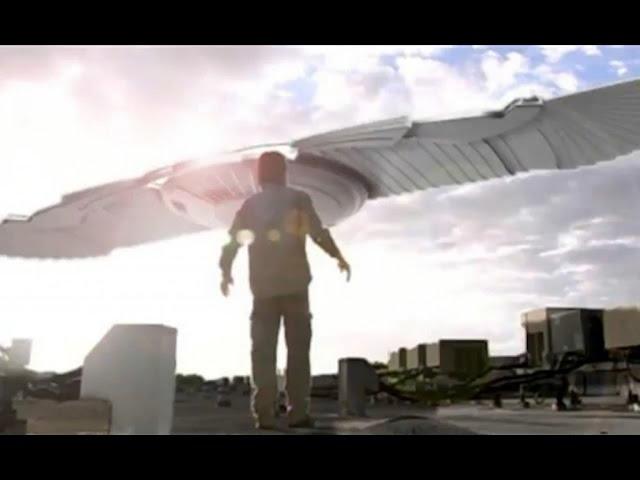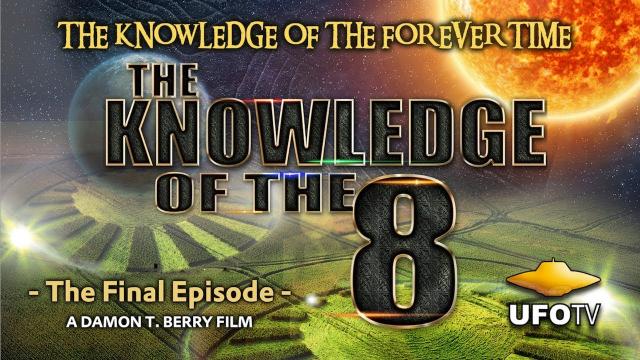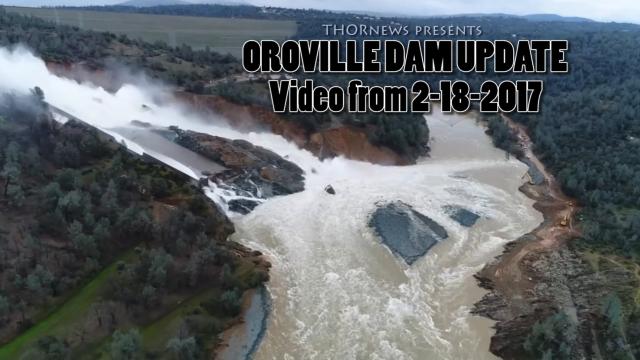Say Hello to NASA's Newest Sun Missions | SciShow News
Description
Our star continuously throws out streams of charged particles at more than 500 kilometers per second, something we call Solar Wind. And just like regular weather can be unpredictable and dangerous, space weather can be, too. Meanwhile, on the other side of the solar system, researchers have also been investigating a certain planet’s rings, and it's probably not the planet you're thinking of.
Hosted by: Caitlin Hofmeister
SciShow has a spinoff podcast! It's called SciShow Tangents. Check it out at http://www.scishowtangents.org
----------
Support SciShow by becoming a patron on Patreon: https://www.patreon.com/scishow
----------
Huge thanks go to the following Patreon supporters for helping us keep SciShow free for everyone forever:
Adam Brainard, Greg, Alex Hackman, Sam Lutfi, D.A. Noe, الخليفي سلطان, Piya Shedden, KatieMarie Magnone, Scott Satovsky Jr, Charles Southerland, Patrick D. Ashmore, charles george, Kevin Bealer, Chris Peters
----------
Like SciShow? Want to help support us, and also get things to put on your walls, cover your torso and hold your liquids? Check out our awesome products over at DFTBA Records: http://dftba.com/scishow
----------
Looking for SciShow elsewhere on the internet?
Facebook: http://www.facebook.com/scishow
Twitter: http://www.twitter.com/scishow
Tumblr: http://scishow.tumblr.com
Instagram: http://instagram.com/thescishow
----------
Sources:
https://www.nasa.gov/content/goddard/parker-solar-probe-humanity-s-first-visit-to-a-star
https://www.nasa.gov/press-release/nasa-selects-missions-to-study-our-sun-its-effects-on-space-weather
https://www.eurekalert.org/pub_releases/2019-06/sri-nss062019.php
https://now.uiowa.edu/2019/06/ui-wins-its-largest-ever-research-award
https://arxiv.org/abs/1905.12566
https://www.eurekalert.org/pub_releases/2019-06/uoc--as062019.php
https://news.berkeley.edu/2019/06/20/astronomers-see-warm-glow-of-uranuss-rings/
https://www.nasa.gov/centers/goddard/multimedia/largest/rings.html
https://solarsystem.nasa.gov/planets/neptune/in-depth/#rings_otp
IMAGE SOURCES
https://svs.gsfc.nasa.gov/12144https://svs.gsfc.nasa.gov/cgi-bin/details.cgi?aid=12239
https://svs.gsfc.nasa.gov/cgi-bin/details.cgi?aid=12239
https://svs.gsfc.nasa.gov/vis/a000000/a003900/a003902/CMEstrikesEarth_HD1080p.mp4
https://www.nasa.gov/sites/default/files/thumbnails/image/iris_3.gif
https://svs.gsfc.nasa.gov/vis/a010000/a011500/a011589/s3-1024.jpg
https://upload.wikimedia.org/wikipedia/commons/d/d5/Geodynamo_Between_Reversals.gif
https://www.videoblocks.com/video/cinemagraph-of-aura-borealis-lights-at-night-sx-zhveqwfjdwaylva
https://media.eurekalert.org/multimedia_prod/pub/web/204285_web.jpg
https://media.eurekalert.org/multimedia_prod/pub/web/204285_web.jpg
https://public.nrao.edu/wp-content/uploads/2017/01/ALMAat19CPadilla-copy.jpg
https://media.eurekalert.org/multimedia_prod/pub/web/204284_web.jpg
https://www.eurekalert.org/multimedia/pub/204284.php?from=433549
https://svs.gsfc.nasa.gov/30684#22559

